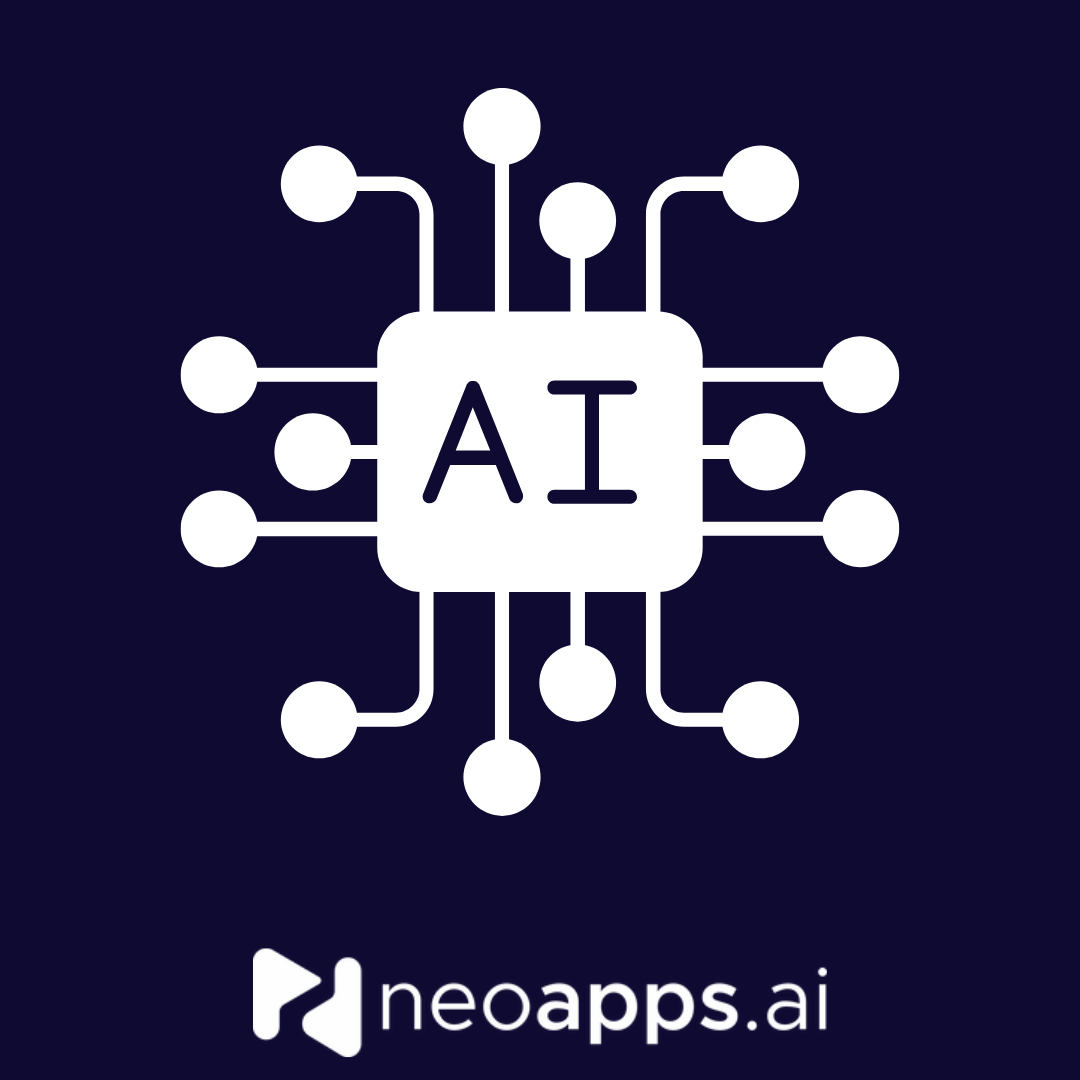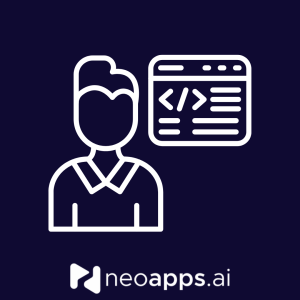Description
AI expertise involves leveraging advanced algorithms and machine learning techniques to create intelligent systems that can analyze data, make decisions, and automate processes. Here’s what this service can include:
1. AI Strategy and Consulting
- AI Readiness Assessment:
- Evaluate the organization’s current data infrastructure, processes, and readiness for AI adoption.
- AI Roadmap Development:
- Develop a strategic roadmap for integrating AI into the business, aligning with specific goals and objectives.
- AI Use Case Identification:
- Identify key areas where AI can add value, such as process automation, predictive analytics, and customer experience enhancement.
2. Machine Learning and Predictive Modeling
- Model Development and Training:
- Build and train machine learning models using supervised, unsupervised, or reinforcement learning techniques.
- Apply models to solve specific business problems, such as demand forecasting, customer segmentation, or fraud detection.
- Model Optimization and Deployment:
- Fine-tune and optimize AI models for accuracy and performance.
- Deploy models into production environments, ensuring they integrate seamlessly with existing systems.
3. Natural Language Processing (NLP)
- Text Analysis and Sentiment Detection:
- Implement NLP techniques to analyze and understand large volumes of text data, extracting insights and detecting sentiment.
- Chatbots and Conversational AI:
- Develop intelligent chatbots and virtual assistants that can engage with customers, answer queries, and automate customer support.
- Language Translation and Content Generation:
- Use AI models to translate content between languages or generate content based on specific guidelines and inputs.
4. Computer Vision
- Image and Video Analysis:
- Develop AI models that can analyze and interpret visual data from images and videos.
- Object Detection and Recognition:
- Implement object detection and recognition systems for applications in security, retail, healthcare, and more.
- Facial Recognition and Emotion Detection:
- Use AI to build facial recognition systems and detect emotions in images or videos.
5. AI-Driven Automation
- Process Automation with AI:
- Automate routine tasks and processes using AI, such as data entry, report generation, or supply chain management.
- Robotic Process Automation (RPA) with AI:
- Integrate AI with RPA to enhance the automation of complex tasks, enabling systems to make decisions and adapt to new information.
6. AI-Powered Analytics
- Predictive Analytics:
- Use AI to analyze historical data and predict future trends, helping businesses make data-driven decisions.
- Real-Time Analytics:
- Implement AI systems that provide real-time insights, enabling quick responses to changing conditions.
- Customer and Market Insights:
- Leverage AI to analyze customer behavior, market trends, and competitive landscapes, providing actionable insights.
7. AI for Personalization
- Personalized Recommendations:
- Develop recommendation systems that deliver personalized content, products, or services to users based on their preferences and behavior.
- Targeted Marketing and Customer Segmentation:
- Use AI to segment customers and tailor marketing efforts to specific audiences, improving conversion rates.
- User Experience Optimization:
- Implement AI to enhance user experiences on websites, apps, and digital platforms by personalizing interactions and content delivery.
8. AI in Healthcare
- Medical Image Analysis:
- Develop AI models for analyzing medical images, aiding in diagnostics and treatment planning.
- Predictive Health Analytics:
- Use AI to predict patient outcomes, optimize treatment plans, and improve preventive care.
- Virtual Health Assistants:
- Create AI-driven virtual assistants that can provide patients with personalized health advice and support.
9. AI Ethics and Governance
- Ethical AI Implementation:
- Ensure AI solutions are designed and implemented with ethical considerations, avoiding bias and ensuring transparency.
- AI Governance Frameworks:
- Develop frameworks for managing AI systems, including policies for data usage, model accountability, and regulatory compliance.
10. AI Development and Integration
- Custom AI Solutions:
- Design and develop custom AI solutions tailored to specific business needs.
- Integration with Existing Systems:
- Ensure seamless integration of AI systems with existing business processes and IT infrastructure.
- Continuous Improvement and Support:
- Provide ongoing support to optimize AI models and adapt to new challenges and opportunities.
Consultation and Training
- Tailored AI Consultation:
- Offer expert advice on AI strategy, implementation, and best practices.
- Employee Training Programs:
- Develop and deliver training programs to upskill teams on AI tools, techniques, and ethics.













Reviews
There are no reviews yet.